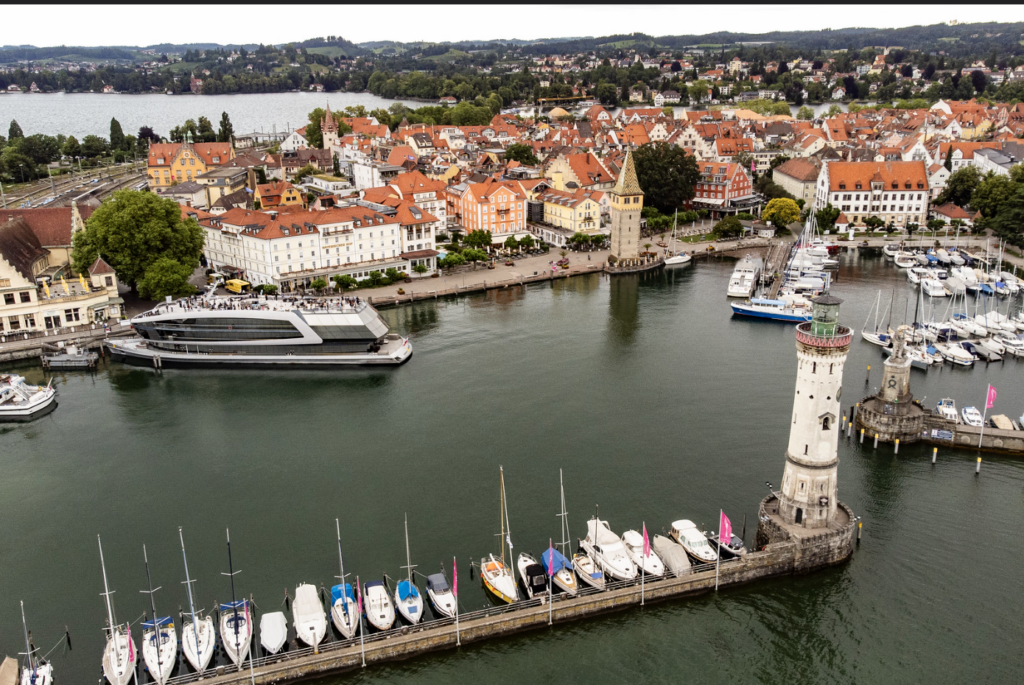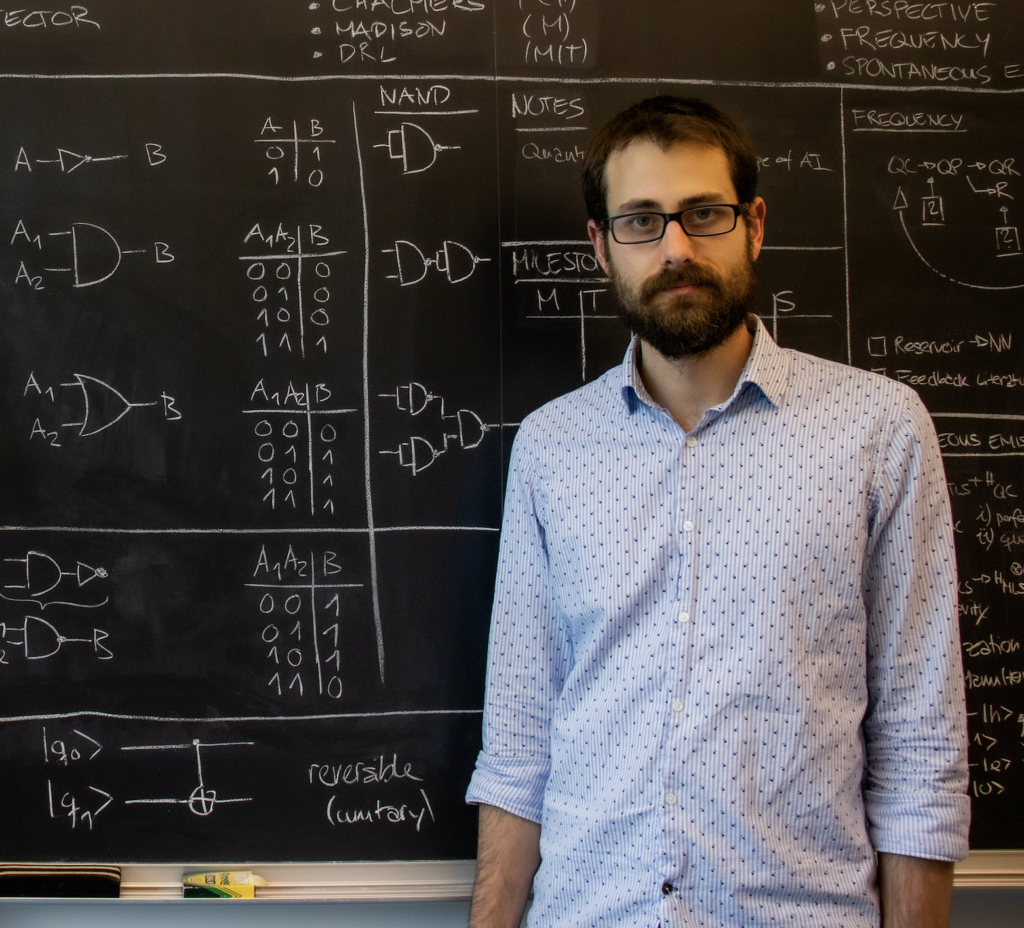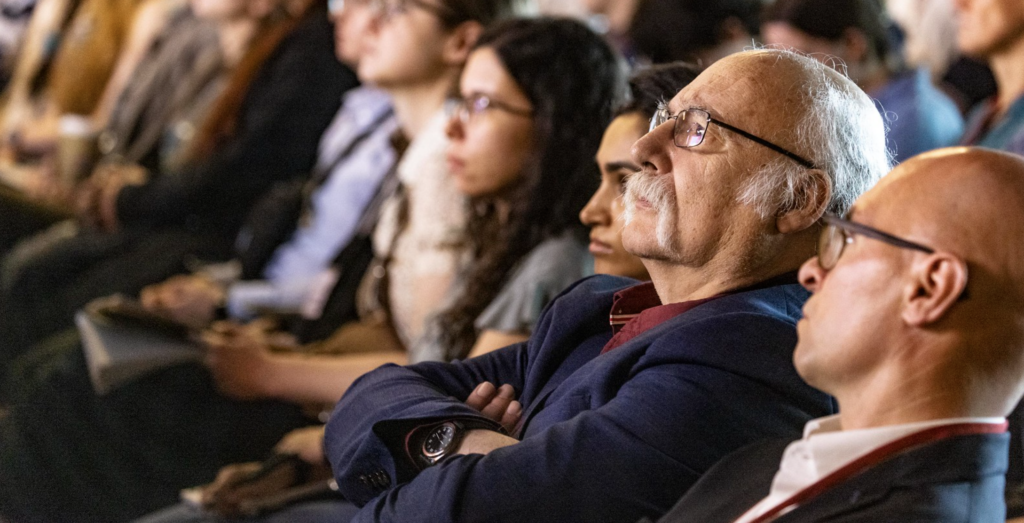Q&A: Postdoc Ben Lienhard inspired at 2024 Lindau Nobel Meeting

Each year since 1951, the Lindau Nobel Laureate Meetings in Germany bring Nobel laureates, industry and science leaders, and selected students from across the globe together for a week of learning and shared enthusiasms.
This year, Princeton Chemistry Postdoctoral Fellow Benjamin Lienhard of the Rabitz Group was among the 600 students invited to attend the physics-themed meeting in July. We asked Lienhard a few questions about the experience.
Q: What did you learn by attending this year’s Lindau Meeting?
I found the discussions on quantum mechanics, its fundamentals, and applications particularly intriguing. I learned about decades-old experiments that have revealed aspects of the classical-to-quantum boundary and the ongoing, century-old discourse in interpreting quantum mechanics. A particular experiment stood out: a classical field attenuated to the level where quantum-ness would be expected still maintained its classical characteristics, suggesting that drawing a clear boundary may be difficult.

Rabitz Group Postdoc Benjamin Lienhard.
Q: Any new directions in physics that you heard about?
From my perspective, the most promising direction highlighted at the meeting is the potential of artificial intelligence (AI), particularly in solving complex physical problems. While the potential of AI was widely acknowledged, many cautioned about the unavoidable biases and emphasized the need for vigilance when using such tools. Consequently, the often-discussed fear that AI could replace scientists was not widely shared.
Q: What was your favorite part of the week-long meeting?
My favorite part was immersing myself fully in physics amidst the beautiful setting of Lindau. Of course, the discussions with peers and Nobel laureates were incredibly inspiring. I aimed to speak with Professor Alain Aspect and Professor Gerardus ‘t Hooft about the foundations of quantum mechanics. I was fortunate to engage with Professor Aspect but missed Professor ‘t Hooft. I also hoped to take a picture with Professor Didier Queloz to share with my brother, Dr. Florian Lienhard, who works for Professor Queloz. Unfortunately, I didn’t run into him.

Princeton’s Duncan Haldane, the Eugene Higgins Professor of Physics and recipient of the 2016 Nobel Prize in Physics, attended the Lindau Nobel Laureate meeting this year.
Q: How can students like yourself benefit from meetings like this one?
The primary benefit for students attending Lindau is the networking opportunities it provides. Additionally, Lindau is a source of inspiration and helps expand students’ knowledge. One of the most common questions, however, revolved around navigating scientific careers. A remark made by Professor Steven Chu of Stanford stuck with me. I’m paraphrasing, but he said something like: if you are the first to look underneath a rock, you can discover new things without much brilliance; discoveries require brilliance if you are the hundredth person to look underneath the rock.
